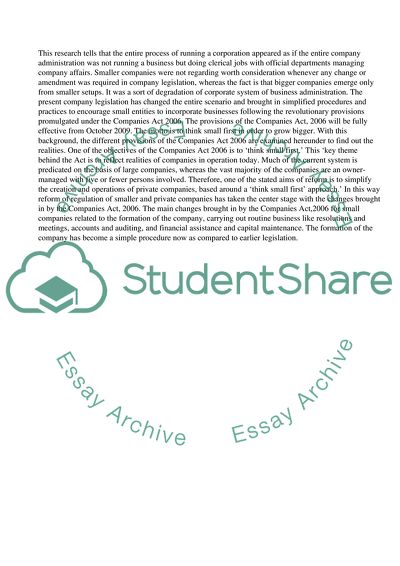Cite this document
(“Think Small First Essay Example | Topics and Well Written Essays - 2500 words”, n.d.)
Think Small First Essay Example | Topics and Well Written Essays - 2500 words. Retrieved from https://studentshare.org/business/1551112-critically-examine-whether-the-companies-act-2006-adequately-reflects-the-underlying-policy-of-think-small-first
Think Small First Essay Example | Topics and Well Written Essays - 2500 words. Retrieved from https://studentshare.org/business/1551112-critically-examine-whether-the-companies-act-2006-adequately-reflects-the-underlying-policy-of-think-small-first
(Think Small First Essay Example | Topics and Well Written Essays - 2500 Words)
Think Small First Essay Example | Topics and Well Written Essays - 2500 Words. https://studentshare.org/business/1551112-critically-examine-whether-the-companies-act-2006-adequately-reflects-the-underlying-policy-of-think-small-first.
Think Small First Essay Example | Topics and Well Written Essays - 2500 Words. https://studentshare.org/business/1551112-critically-examine-whether-the-companies-act-2006-adequately-reflects-the-underlying-policy-of-think-small-first.
“Think Small First Essay Example | Topics and Well Written Essays - 2500 Words”, n.d. https://studentshare.org/business/1551112-critically-examine-whether-the-companies-act-2006-adequately-reflects-the-underlying-policy-of-think-small-first.


